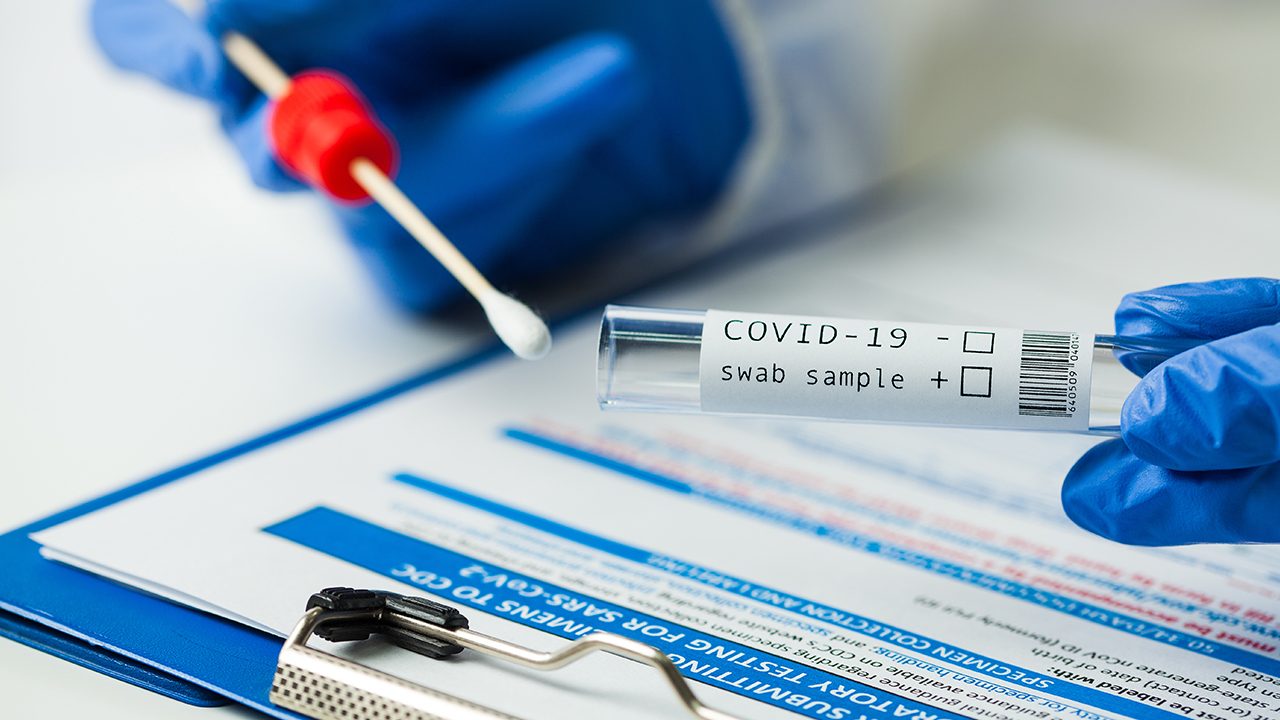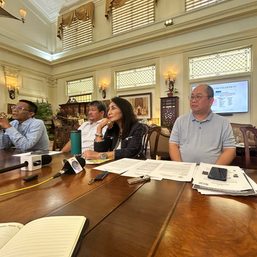SUMMARY
This is AI generated summarization, which may have errors. For context, always refer to the full article.

Health officials in Mandaue City reported a returning overseas Filipino worker (OFW) – who received both doses of his vaccination in the United Arab Emirates – tested positive for COVID-19 on February 9.
But according to health officials from the Department of Health Central Visayas (DOH-7), it does not necessarily mean the vaccine failed.
“I would not say that this is a failure,” Dr. Mary Jean Loreche, DOH-7’s chief pathologist and spokesperson told reporters during a press conference on Thursday, February 18.
The OFW returned home on January 5 and his immunity should have already kicked in if he took one of several major brands of the vaccines already available in the UAE. This led several media outlets and netizens to point out – and question why – his RT-PCR result turned positive.
Vaccines available in the UAE include AstraZeneca, Pfizer, Sputnik and Sinopharm.
While studies show some coronavirus vaccines may reduce transmission of the virus it is not yet clear to what degree.
According to DOH-7, the OFW did not manifest any symptoms, which she said was an indication that the vaccine probably worked.
“A vaccine is supposed to do these 3 things to become successful: First, is prevention of severe disease, which happened for this individual,” Loreche said. “Although he still tested positive, he remained asymptomatic.”
“Second, the vaccine prevents clinical disease. This individual, he never developed any symptoms,” she added.
“As to the preventing transmission, which is the third role of the vaccine, that’s something we need to have further reports and studies from the manufacturers of the vaccines,” Loreche said.
“So I would not call it a failure of vaccination, and there’s an important thing we also have to think about. Immunity can kick in later,” the pathologist added.
Depending on the manufacturer, the vaccines can take from 3 to 6 weeks, or more, to achieve immunity.
Regarding the question of the vaccine’s role in stopping transmission, the region’s head epidemiologist, Dr Junjie Zuasola, said more studies need to be done in addition to data gathered by and coming from the manufacturers so as to determine this.
“There is still a lot to be studied. After all of us, given that more than 50% or 70% of population has been vaccinated, we still need to do a lot of study, in order to really prove whether the vaccine did really stop the transmission,” Zuasola said.
Rappler reached out to Mandaue City’s COVID-19 Emergency Operations Center but has not received a reply as of this posting – with a report from John Sitchon/Rappler.com
(Editor’s note: An earlier version of this article said vaccines available in the UAE did not reduce transmission. This has been corrected)
Add a comment
How does this make you feel?





There are no comments yet. Add your comment to start the conversation.